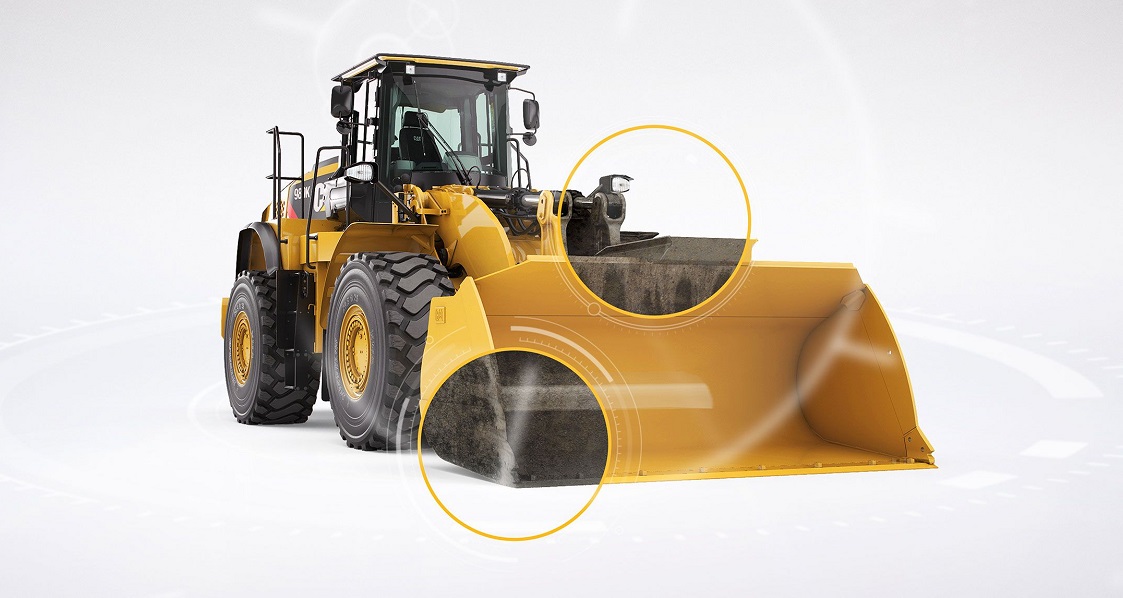
You’ve probably made a significant investment in your company’s heavy equipment. When a machine gets older and starts to show signs of wear, you face a crucial decision — should you replace it with a new or used model or rebuild it? In many cases, rebuilding heavy equipment provides a more cost-effective alternative.
Jump to Sections:
- What Is a Heavy Equipment Rebuild?
- What Are the Cost Advantages of Rebuilding Heavy Equipment?
- Trust Carolina Cat for Equipment Rebuilds in Western North Carolina
What Is a Heavy Equipment Rebuild?
Rebuilding is not the same as repairing a piece of equipment. A repair typically entails fixing or replacing one or two damaged parts or components causing a mechanical issue. A heavy equipment rebuild is a much more extensive project that involves reconditioning all the major components — to include but not limited to engine and hydraulics — and replacing many of the less essential parts. The technicians will also recalibrate and adjust the settings where applicable.
No two rebuilds are exactly alike — the nature and scope of the job depend on the machine’s pre-refurbishment condition and what the owner hopes to accomplish with the project. In general, the goal when rebuilding heavy equipment is to restore the model to like-new condition.
What Are the Cost Advantages of Rebuilding Heavy Equipment?
Examples of the many ways that rebuilds can benefit your company’s equipment expenditures include:
- No need to purchase a replacement: The difference in cost between refurbishing your machine vs. buying a comparable new or slightly used model can be substantial. You could end up saving thousands of dollars with a rebuild project, and you won’t be stuck with monthly payments and finance charges.
- No depreciation: A new machine depreciates from 20-40% in value during the first year. When you rebuild, you’ll avoid this depreciation.
- Increased life span: While a rebuild creates an upfront business expenditure, it can provide an excellent long-term return on your investment. Your machine will last longer, meaning you won’t have to purchase a replacement as quickly.
- Fewer repairs: Replacing old, worn, or damaged parts and components should mean you won’t need to repair your equipment as frequently, especially as it continues to age. You’ll spend less money on upkeep, which contributes to a healthier bottom line.
- Less downtime: When a machine breaks down in the middle of a job, it puts the work behind schedule. Plus, if a piece of equipment is unavailable due to mechanical problems, it could mean you must turn down a lucrative project. A rebuilt model in like-new condition helps to prevent these costly delays and lost opportunities.
- Enhanced equipment value: Upgrading equipment with new parts and components increases its value. You’ll get more in return if you decide to trade your machine in or put it up for sale.
- Save money by repairing/reconditioning BEFORE failure: If you let parts progress to failure, you could be spending as much as 2.5 times more for the cost of your repair. As machines get more and more hours, there are signs of wear, fatigue, and failure that can indicate bigger problems.
- Financing your rebuild: Various financing options are available, which allow you to get the rebuild you need at a monthly amount that you can afford—no need to look at a single large item expenditure. Ask about our finance options for your rebuild.
Trust Carolina Cat for Equipment Rebuilds in Western North Carolina
Carolina Cat operates a fully equipped, state-of-the-art Component Rebuild Center where we perform expert Cat® Certified Rebuilds for everything from wheel loaders and bulldozers to excavators, articulated trucks, and more. We’ll breathe new life into your Cat machines with heavy equipment engine rebuilds and much more.
Contact us for additional information.